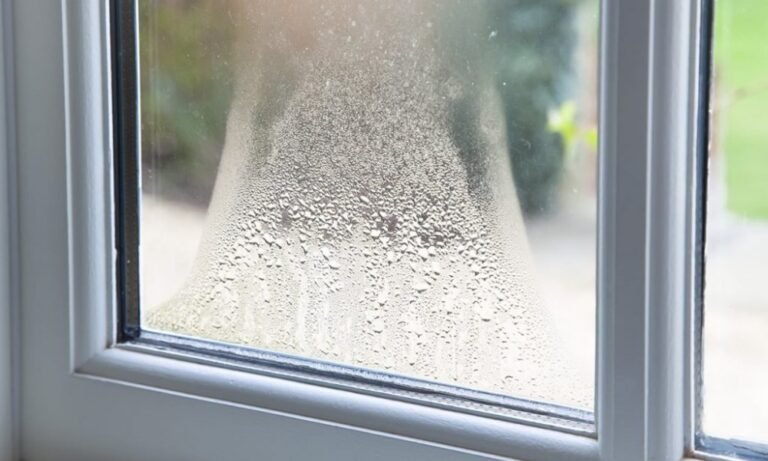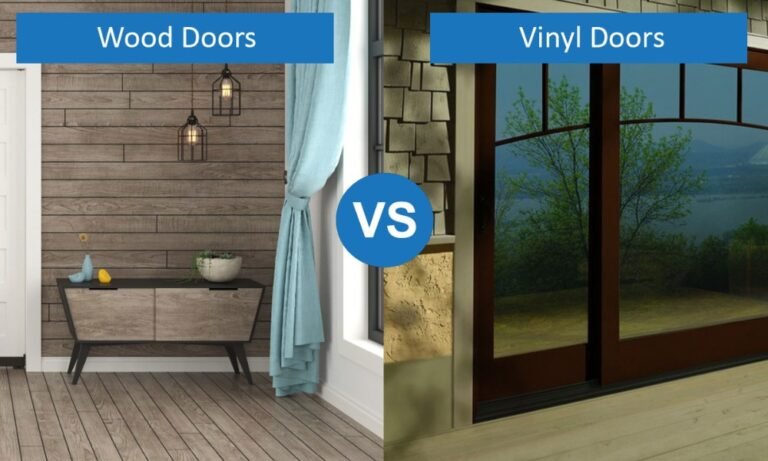Estimated reading time: 5 minutes
As a homeowner, you’ve probably asked yourself: “Is replacing my windows a smart investment, or am I just throwing money out of it?” I get it. Window replacement feels like one of those home improvement projects that’s important but easy to delay. Let me walk you through why it’s not only worth considering but might just be one of the smartest upgrades you’ll make.
What You’ll Learn in This Post
- How much window replacement costs (and what factors affect it).
- The financial returns (ROI) you can expect.
- Benefits that go beyond just cost savings.
- Choosing the right windows for your home.
- How incentives and tax credits can ease the financial burden.
Ready? Let’s dive in. (I promise no window-pun overload, but I might sneak in one or two!)
Understanding Window Replacement Costs

The price tag for replacing windows can vary as widely as my excitement about well-installed weatherproofing. It depends on several things, like:
Window Type:
Double-hung, casement, sliding—you name it. Each has a different cost structure.
Materials Used:
Vinyl, wood, fiberglass, or aluminum all have distinct price points. (Hint: Energy-efficient options usually cost more upfront but save more later.)
Installation Complexity:
Got an old frame that needs repairs? That’ll add to your bill.
Expect anywhere from $200 to $1,200 per window depending on these factors. If you’re thinking, “Yikes, that’s a range!” you’re not wrong. A consultation with a trusted contractor can help narrow it down for your specific home.
For cost-conscious folks, retrofitting existing frames can save money—but only if those frames are in good shape. Don’t skimp on inspections here; a shoddy frame can undermine even the fanciest window.
Return on Investment: What’s the Payoff?
Here’s the golden question: Will this investment pay off? Short answer: Yes, in more ways than one.
- Financial ROI: Studies, like Remodeling Magazine’s Cost vs. Value Report, peg the average return at 67%. That means a $10,000 window upgrade could boost your home value by $6,700. Not bad, right?
- Energy Efficiency Savings: New, energy-efficient windows can slash your energy bills by up to 20%, especially if your old windows are leaky or outdated.
- Resale Value: Energy-efficient homes are hot in the market. If you’re planning to sell, upgraded windows make your property a lot more appealing.
Beyond the Dollar Signs: Hidden Benefits
Let’s get real—it’s not all about the money. New windows can significantly enhance how your home feels and functions.
Thermal Comfort:
No more drafts in winter or sweating it out near a window in summer.
Noise Reduction:
Live near a busy street? Double-paned windows are like noise-canceling headphones for your house.
UV Protection:
Modern windows often come with coatings that block harmful UV rays, saving your furniture and flooring from sun damage.
Peace of Mind: Windows with better locks and stronger glass improve your home’s security.
Choosing the Right Windows

Not all windows are created equal. Here’s a quick guide to help you choose:
Energy Efficiency Features:
Look for double-glazed or triple-glazed options with insulating gas fills and Low-E coatings.
Frame Material:
Fiberglass and vinyl are durable and energy-efficient. Wood is gorgeous but requires more maintenance.
Style Matters:
Think about functionality and aesthetics. Sliding doors or French doors? Here’s a guide to help you decide.
Tax Credits and Incentives
Here’s a little secret to soften the blow of upfront costs: tax credits and grants. Many governments offer rebates for upgrading to
Energy Star-certified windows.
Programs like the Canada Greener Homes Grant can return a significant portion of your costs, especially if you opt for windows that meet high energy-efficiency standards.
It’s worth checking your local area for similar incentives. Just make sure you keep all receipts and product certifications handy for claiming these benefits.
Avoid Common Mistakes
Mistakes during window replacement can cost you time, money, and sanity. Common pitfalls include:
- Choosing style over function (those oversized windows look great until the energy bills arrive).
- Hiring inexperienced contractors. (Want to avoid this? Check out how to find reliable ones here.)
My Final Thoughts
Replacing your windows isn’t just about ROI or energy savings—it’s about transforming your home. From a quieter, cozier living space to better curb appeal and resale value, the benefits extend far beyond what you see on your energy bill.
Still unsure? Think of it this way: Every time you feel a draft or hear outside noise you wish you didn’t, that’s your house asking for an upgrade. Answer the call.
Looking for more tips or advice? Whether it’s learning how to maintain your windows or exploring weatherproofing options, I’ve got you covered.
And if you’re ready to take the leap, start by booking a consultation with a trusted contractor. It could be the investment your home—and your peace of mind—deserves.



